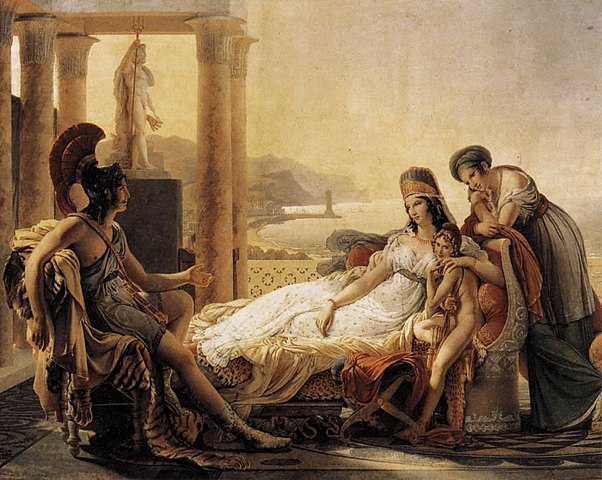How the humanities can come out on top in the education debate
November 2013
The New Criterion
.... When a panelist promised a feminist reading of Wordsworth’s Lucy poems and another raised the common-sense question, “But do those poems really have feminist content?” the speaker could reply, “Your question assumes that the poems are fixed objects to which we must respond ‘properly,’ but as Derrida and Rorty have shown, that is a mystification, and it restricts us from doing the labor of social change.” Whatever change the speaker proceeded to envisage, the disciplinary adjustment was plain: The field had to stand on us, the professors, not on them, the poems, plays, novels.
It couldn’t work, of course......
A June 22 statement in The New York Times by Vernon Klinkenborg bore the title “The Decline and Fall of the English Major,” while Leon Wieseltier’s 2013 Commencement Address at Brandeis opened, “Has there ever been a moment in American life when the humanities were cherished less, and has there ever been a moment in American life when the humanities were needed more?”
The evidence they and others invoked was material, not ideological......
These statements and others on how the humanities foster critical thinking, cultivate Information Economy skills, help enact social change, resist utilitarianism in human affairs, etc., may be challenged in one aspect or another, but they are all reasonable and they pop up in education discussions all the time. Their commonplace status, however, shouldn’t obscure the fact that they share an extraordinary characteristic. It is a trait so simple and obvious, and so paradoxical, that one easily overlooks it, especially as these voices so earnestly endorse the humanities. The paradox is this: They affirm, extol, and sanctify the humanities, but they hardly ever mention any specific humanities content. The American Academy report terms the humanities “the keeper of the republic,” but the names Homer, Virgil, Dante, Shakespeare, Bernini, Leonardo, Gibbon, Austen, Beethoven, Monet, Twain, Frank Lloyd Wright, and Martha Graham never surface....
Unless the professorate reasserts its subservient role and foregrounds actual genius, all the solemn committee reports and importunate op-eds in the world won’t slow the steady deterioration of the fields.
 |
| Pierre-Narcisse Guérin, Aeneas tells Dido the misfortunes of the Trojan city, 1815 |
Read the full article here: http://www.newcriterion.com/articles.cfm/What-Dido-did--Satan-saw---O-Keeffe-painted---7728


No comments:
Post a Comment